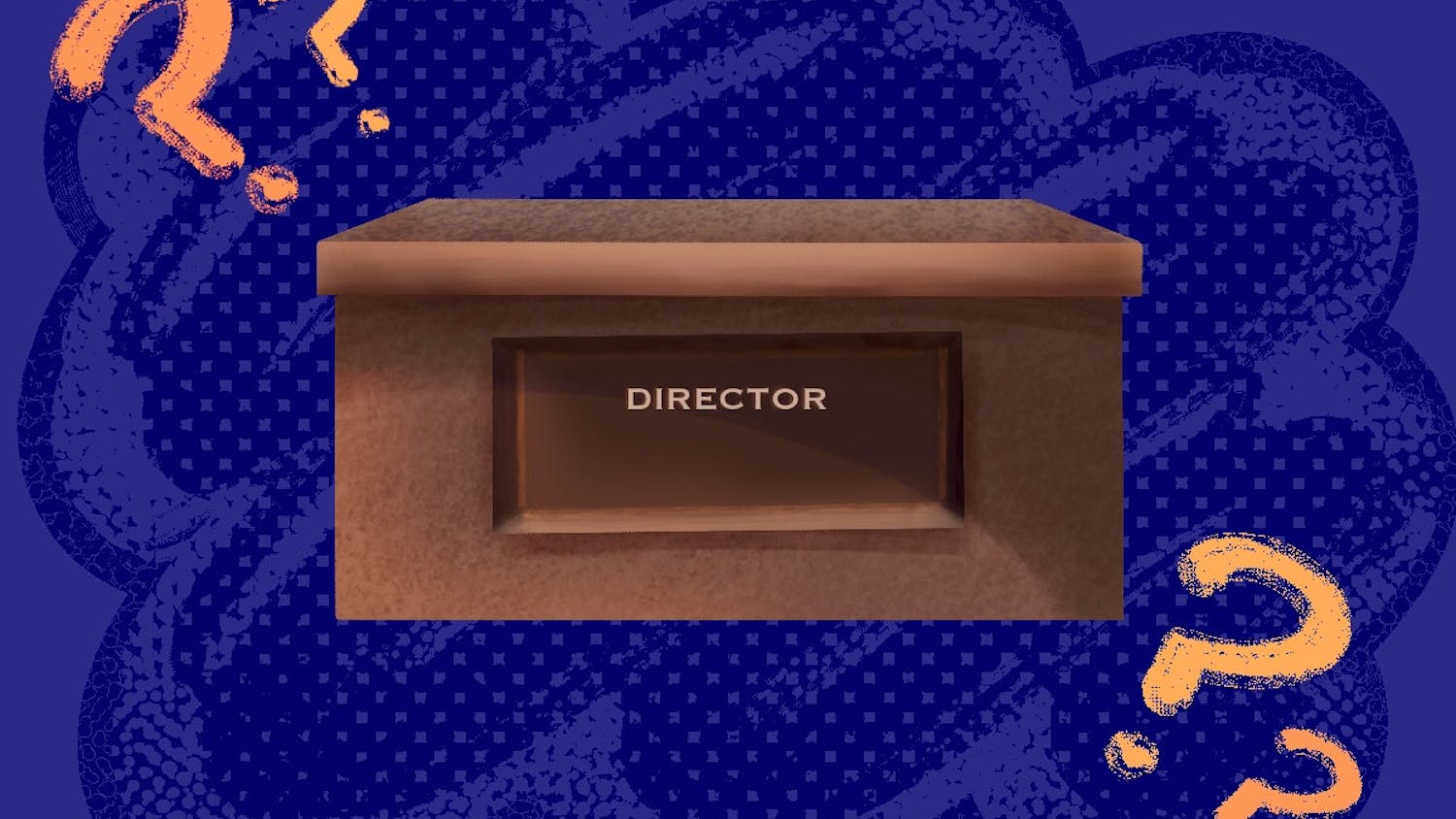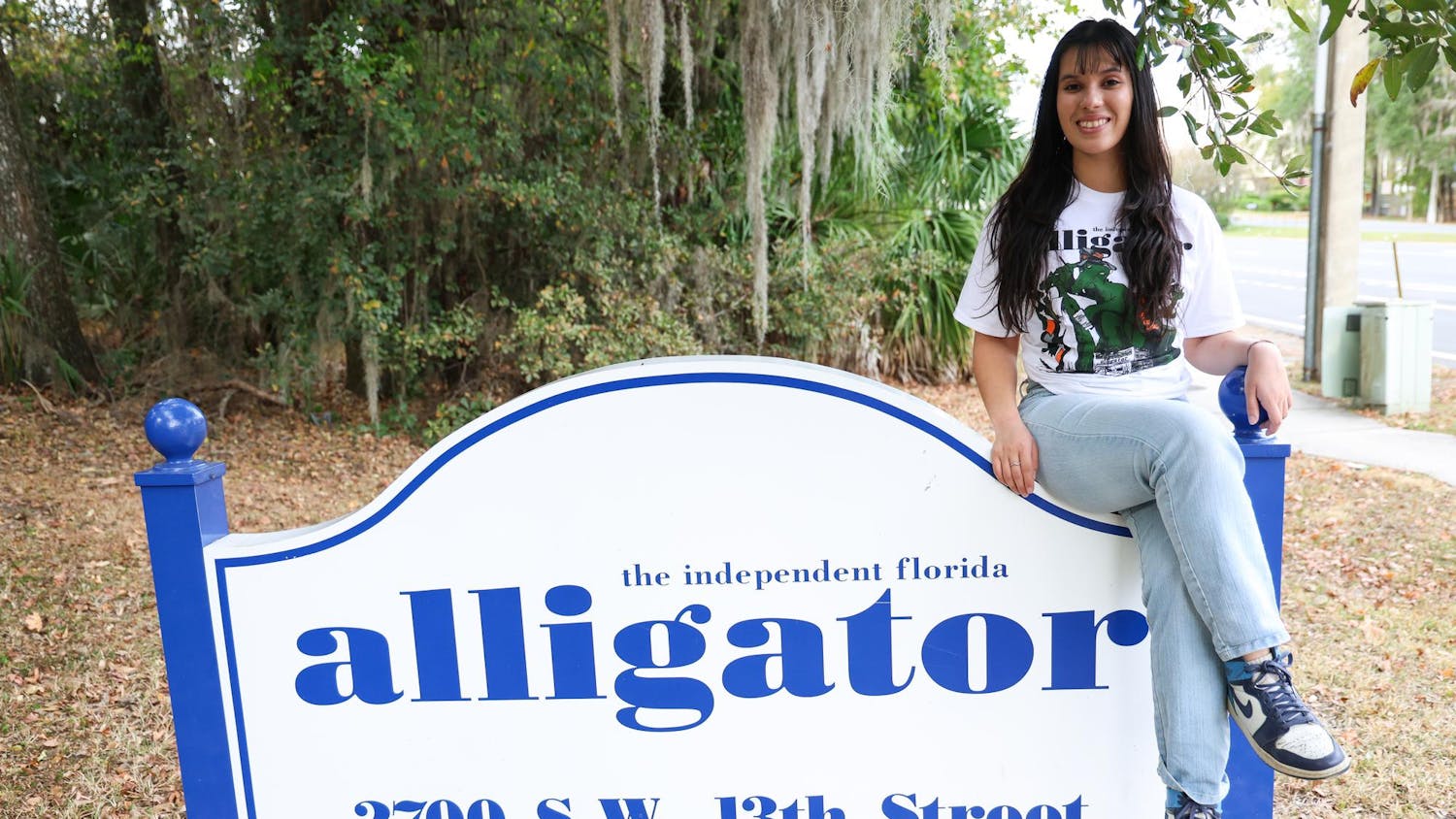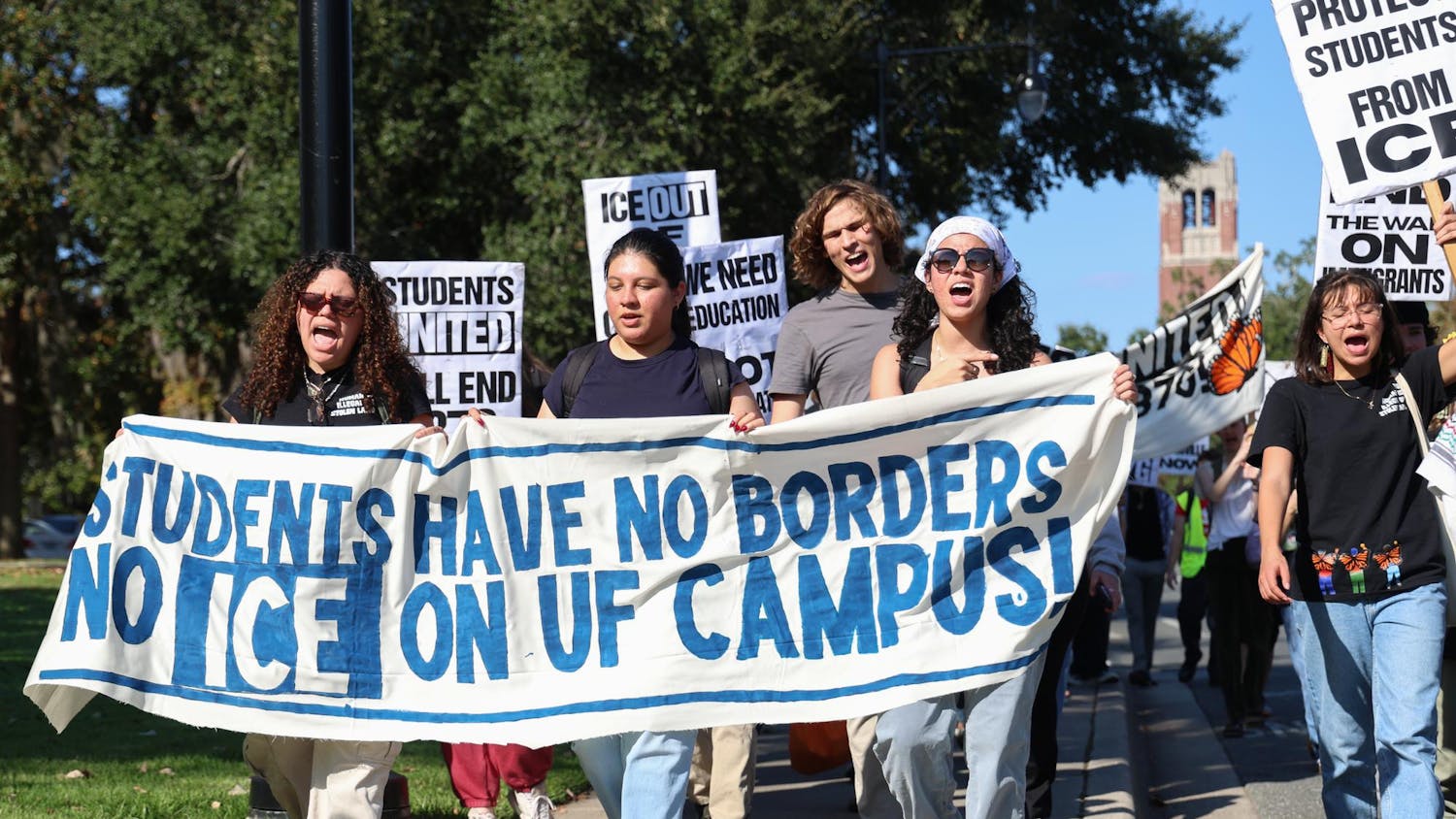When I was 10 years old, my family took me to Disney World. I had heard about the massive castle that stands in the Magic Kingdom — I was rather obsessed with Medieval history at the time, and I imagined a magnificent structure with ramparts and barricades, knights and archers strolling the walls.
I was disappointed, of course, to discover the castle was nothing but a rendition of Cinderella’s palace.
However, I did not give up hope, and I maintained my excitement to see a real castle.
Yet as I entered the plaza and ran my hand over the castle’s walls, my excitement abated. The walls were not made of stone, rather a synthetic plastic-like substance.
I was crushed. I felt cheated. I’ve hated Disney World ever since.
That same feeling of disappointment is a consistent undercurrent of modern life, though it’s often hard to put a finger on it. It’s the sort of feeling one gets when driving through a serene country landscape only to find it marred by a billboard, or sitting next to a fireplace in a coffee shop only to find out that it’s electric.
We live in a world of fakery. The same cultural disease that breeds disingenuous politicians also causes the desks in our classrooms to be coated with laminated, false wood. In a world of consumerism, what matters most is not the stone might of a castle, the beauty of a landscape or the gentility of the heart, but the furtive glance into the mind of the almighty buyer.
Our houses don’t have tile roofs because it’s the best material to keep out the rain, they have them for aesthetic appeal to a future mortgage-holder. Our politicians don’t spout conservative or liberal talking-points because they believe them, they do so because they want our votes.
The industrial Gilded Age of the late 19th century has nothing on Modern America; we are the real gilded society, the faux-society. We are faux-people because of it.
Because we are the faux-people, we do things that would be asinine in the eyes of our ancestors. We outsource our human relationships to social-networking sites because we have no experience with what a true relationship really is, just as we have no knowledge of what a true castle really is, or a true house or a true landscape.
We have been told all our lives that this world holds some semblance of reality — the billboard-strewn, plastic-constructed fake world. If we thought differently, votes and dollars would be at stake.
This fake world has made us comfortable, but what has been lost to gain this comfort?
I remember watching a scene from the Coen brothers’ “True Grit” in which Rooster Cogburn was riding his horse through a river. The wind was in his face and the water was pressing upon his horse, but if he let go, both his life and the task at hand would be forfeited.
My father, sitting glassy-eyed in a chair next to me, said “This isn’t real life. That was real life.” How correct he was.
We have been robbed. As the clock was turned and the old world passed away, it was decided before we were born that comfort was preferable to reality. Our machines would do the true work — the farming, the conversing, the producing — while we would happily waste our lives, marveling at plastic castles and playing with iPads next to electric fireplaces.
How low the mighty have fallen. We might look to the stars and see our celestial ancestors weeping, if only we could tear our eyes away.
Luke Bailey is a history junior at UF. His column appears on Wednesdays.





